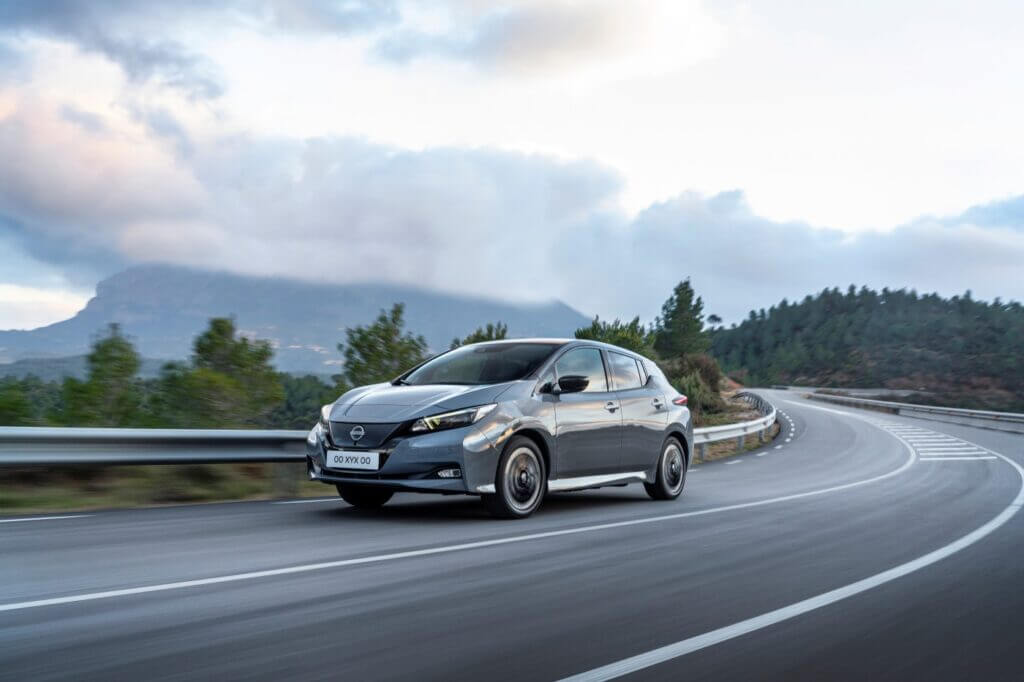If you’re looking to purchase a used car, you might be considering a Personal Contract Purchase finance agreement as a method of payment.
Personal contract purchase, also known as PCP, is one of the most common types of used car finance. Paying for a car outright can be a big expense but choosing to finance your car allows you to spread the cost of the vehicle over a few years rather than paying for it all in one go.
In this article, we’ll explain what PCP is and how it works so you can make an informed decision when choosing the right car finance for you.
What is PCP finance on a car?
PCP finance is a popular way of financing used cars and vans as it allows you to spread the cost of the vehicle over a longer time period.
The amount you borrow will be based on a prediction of how much the value of the car will decrease over the term of the deal rather than the total value of the vehicle.
Choosing to finance your car on a PCP agreement is a great option for those who like to change their car regularly as there is no commitment to keep the car at the end of the deal.
Alternatively, you can choose to make a payment at the end of your agreement in order to purchase the vehicle outright.
PCP agreements last anywhere between three to five years and the interest you pay will depend on your credit rating score.



